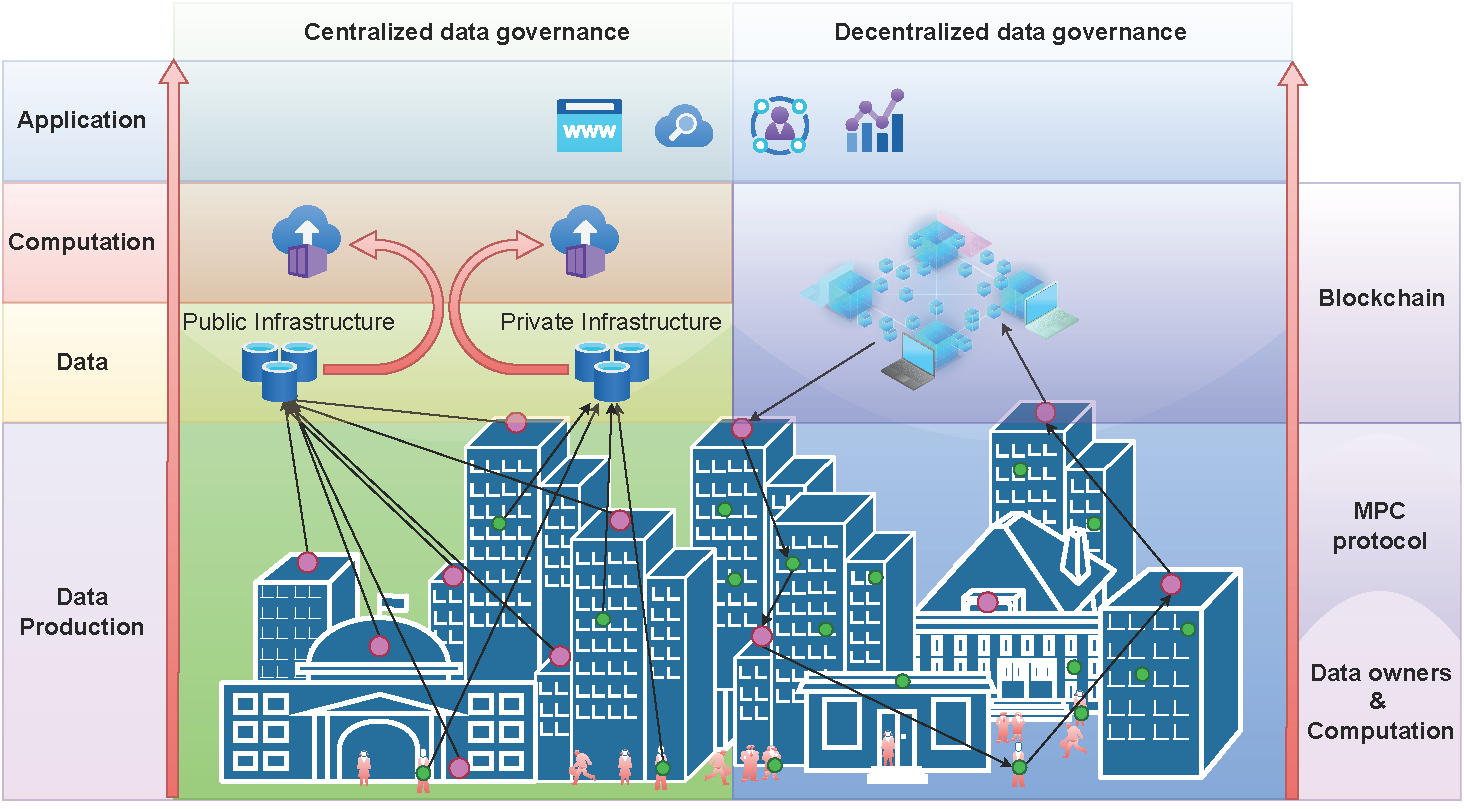
- PROJECT CODE: J4-3087
- PROJECT TITLE: Engineered wood composites with enhanced impact sound insulation performance to improve human well being (IRIS)
- PROJECT TEAM: Andreja Kutnar, PhD (leader), Lei Han, Marica Mikuljan, Rok Prislan, Lea Primožič, Urban Kavka
- PERIOD: 01.01.2022 – 31.12.2024
- BUDGET: €300,055.44
- FINANCING: ARRS and FWF
- COORDINATOR: InnoRenew CoE (Slovenia)
- PARTNERS: University of Primorska, Faculty of Mathematics, Natural Sciences and Information Technologies (Slovenia); University of Ljubljana, Faculty of Mathematics and Physics (Slovenia); IBO Austrian Institute for Building and Ecology (Austria); TU Wien Technische Universität Wien (Austria)
The most promising way to limit the building industry’s negative impacts is to push the use of wood, a renewable resource capable of sequestering carbon dioxide. A common preconception is that wooden buildings suffer from low sound insulation. In wooden buildings, it is a challenge to achieve high-impact sound insulation due to the lightweight nature of the structural elements.
With this project, InnoRenew CoE will investigate the potential of a wood-based resilient layer for use in floating floors. The wood-based resilient layer will be developed based on numerical model predictions and experimental tests performed on samples to optimize the design. However, the wood-based resilient layer’s primary evaluation will take place under relevant conditions in a representative set of built environments. An important novelty of the proposed project is the evaluation of noise annoyance by jointly investigating the response to vibrations and sound stimuli, which are correlated.
InnoRenew CoE project activities
InnoRenew CoE activities include the development of wood composites for the impact sound insulation resilient layer. Its achieved performance will be tested from an acoustic point of view and perceptually evaluated by users. For this purpose, the sound field and vibrations will be reproduced in laboratory conditions using an Ambisonics reproduction system and vibration exposure device.
Work packages and results
The project comprises 9 work packages (WP), of which InnoRenew CoE is the leader of WP2, WP3 and WP7. The project activities and results can be summarized as follows.
WP1: Project management
- Task 1.1: Project administration
- Task 1.2: Quality assurance
- Task 1.3: Data management
Deliverables:
- D1.1: 1st midterm report
- D1.2: 2nd midterm report
- D1.3: Final report
- D1.4: Data management plan
WP2: Wood composite development
- Task 2.1: Material parameters
- Task 2.2: Composite parameters
Deliverables:
- D2.1: Definition of the optimal material parameters
- D2.2: Definition of the optimal wood composite parameters
WP3: Building and testing the resilient layer
- Task 3.1: Building the resilient layer
- Task 3.2: Laboratory testing of the samples
Deliverables:
- D3.1: Built resilient layers samples for laboratory testing
- D3.2: Laboratory testing report
- D3.3: Built the resilient layers samples for field testing
WP4: Numerical modeling
- Task 4.1: Modelling the structural excitation
- Task 4.2: Material response modelling
- Task 4.3: Transmission path modelling
- Task 4.4: Virtual stimuli generation
Deliverables:
- D4.1: Models for the structural excitation of the floor
- D4.2: Model of the composite resilient layer
- D4.3: Numerical analysis of the whole acoustic transmission path
- D4.4: Generation of virtual stimuli
WP5: Modeling the variations of wood
- Task 5.1: Model of the natural variations of wood
- Task 5.2: Resilient layer performance variations estimate
Deliverables:
- D5.1: Model of the natural variations of wood
- D5.2: Resilient layer performance variations estimate
WP6: Capture the acoustic and vibration environments
- Task 6.1: Determine the testing environments
- Task 6.2: Determine the recording protocols
- Task 6.3: Digital device
- Task 6.4: Field recording
Deliverables:
- D6.1: Testing environments list
- D6.2: Recording protocol
- D6.3: Digital measurement system available
- D6.4: Field recording
WP7: Laboratory reproduction of the built environment
- Task 7.1: Set up the Ambisonics system
- Task 7.2: Set up the vibration exposure device
Deliverables:
- D7.1: Establish the Ambisonics reproduction system
- D7.2: Establish the vibration exposure device
WP8: Perceptual evaluation
- Task 8.1: Define the experimental environment
- Task 8.2: Tests on subject
- Task 8.3: Response evaluation and data analysis
Deliverables:
- D8.1: Evaluation protocol definition
- D8.2: Subject testing
- D8.3: Response evaluation report
WP9: Dissemination and communication
- Task 9.1: Website and communications
- Task 9.2: Dissemination within the scientific community
Deliverables:
- D9.1: Website
- D9.2: Submitted scientific papers
- D9.3: Conference presentations




